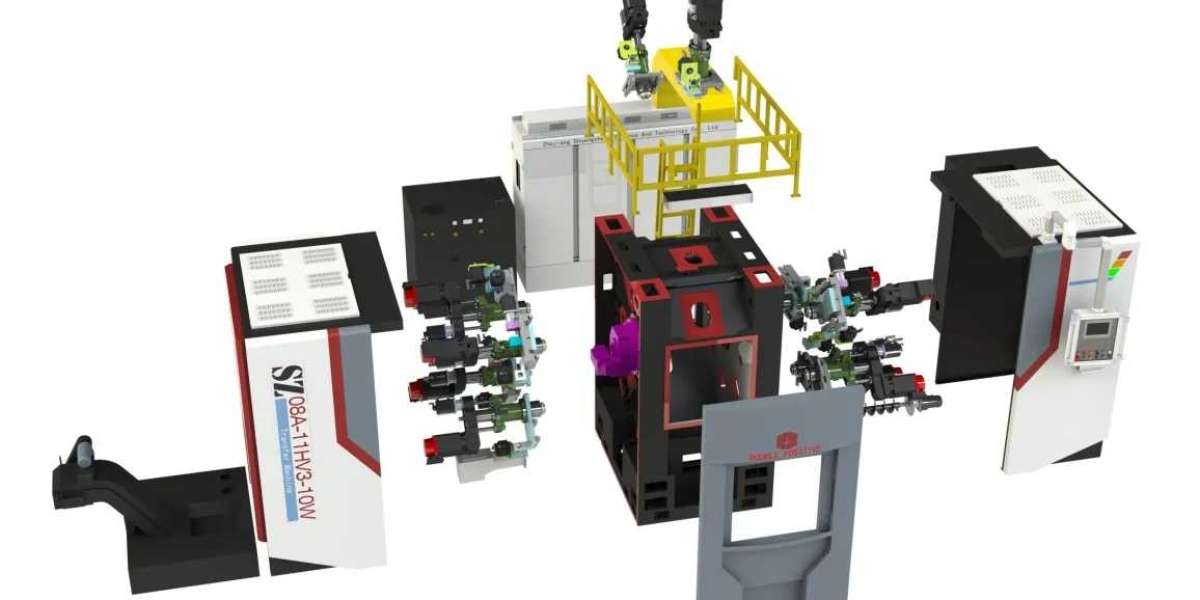Introduction: The Importance of a Personal Statement
A personal statement is more than just a formality—it's your chance to make a memorable impression on admissions committees or potential employers. This brief yet impactful document can significantly influence the outcome of your application. To capture the reader’s attention and convey your unique qualities, a well-crafted personal statement is essential. But how do you ensure yours stands out? In this comprehensive guide, we'll explore key strategies and tips for writing a compelling personal statement that highlights your strengths and aligns with your goals. Let’s dive into the essential elements that can elevate your personal statement from good to exceptional.
Understanding the Purpose of a Personal Statement
A personal statement serves as a critical component of your application, whether for college, graduate school, or a job. Here’s why it matters:
- Showcase Your Unique Qualities: Unlike resumes, which list accomplishments, a personal statement allows you to narrate your story and demonstrate your individuality.
- Illustrate Fit and Motivation: It shows how your experiences and goals align with the program or position you’re applying for.
- Highlight Your Skills and Experiences: It provides a platform to elaborate on your achievements, challenges overcome, and lessons learned.
For instance, if you’re applying to a medical school, your personal statement should reflect not only your academic qualifications but also your passion for medicine and your commitment to patient care. By articulating your experiences and motivations, you create a narrative that helps the admissions committee understand who you are beyond your grades and test scores.
Structuring Your Personal Statement
A well-structured personal statement typically follows a clear format:
Introduction: Start with a captivating opening that grabs attention. This could be an anecdote, a quote, or a personal experience that sets the stage for your narrative.
Body: This is the core of your personal statement. It should include:
- Academic and Professional Background: Briefly discuss your academic journey, relevant work experience, and any achievements that are pertinent to your application.
- Personal Experiences: Share experiences that have shaped your goals and values. This could include challenges you’ve overcome, projects you’ve worked on, or any extracurricular activities that demonstrate your skills.
- Motivations and Goals: Clearly articulate your motivation for pursuing this path and your future goals. Explain why you are passionate about the field and how the program or position aligns with your career aspirations.
Conclusion: Wrap up with a strong closing statement that reinforces your enthusiasm and suitability for the opportunity. Summarize key points and reiterate your commitment and readiness for the next step.
For instance, if you're applying to a graduate program in environmental science, your personal statement might start with a personal experience of witnessing environmental degradation, followed by your academic achievements and relevant projects, and conclude with your vision for contributing to sustainable solutions.
Tips for Writing an Effective Personal Statement
To craft a standout personal statement, consider these practical tips:
Be Authentic: Write in your own voice and be honest about your experiences and aspirations. Authenticity resonates more than generic statements.
Use Specific Examples: Instead of general statements, provide specific examples that highlight your skills and achievements. This makes your narrative more convincing and memorable.
Tailor to the Audience: Customize your personal statement to align with the specific requirements and values of the program or position. This shows that you’ve done your research and are genuinely interested.
Edit and Proofread: Carefully review your personal statement for clarity, grammar, and spelling errors. Seek feedback from mentors or peers to ensure it is polished and effective.
For additional support and professional help with writing your personal statement, you might want to explore services offered by https://www.ozessay.com.au/personal-statement-writing-service. They provide expert assistance to help you craft a personal statement that truly reflects your strengths and aspirations.
Common Mistakes to Avoid
To ensure your personal statement makes a positive impact, avoid these common pitfalls:
- Clichés and Overused Phrases: Avoid relying on clichés that can make your statement sound generic. Instead, focus on your unique experiences and insights.
- Lack of Focus: Ensure your personal statement has a clear focus and doesn’t stray from the main message. Each section should contribute to the overall narrative.
- Failure to Follow Instructions: Adhere to any specific guidelines provided by the institution or employer, including word count and format. Ignoring these can reflect poorly on your attention to detail.
Conclusion: Making a Lasting Impression
A compelling personal statement is a powerful tool in your application arsenal. By understanding its purpose, following a clear structure, and avoiding common mistakes, you can create a document that effectively showcases your individuality and passion. Remember, this is your chance to make a lasting impression—take the time to craft it thoughtfully. For those who need additional guidance, OzEssay's personal statement writing service offers expert help to ensure your personal statement stands out in a competitive field. Embrace the opportunity to highlight your unique story and set yourself apart from the rest.








